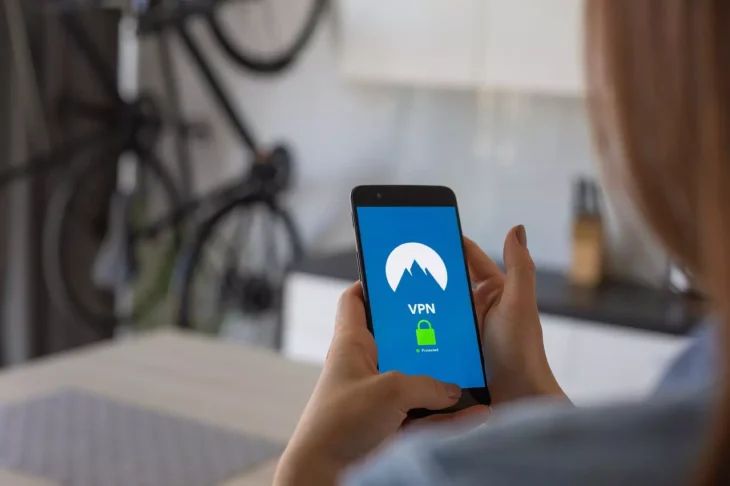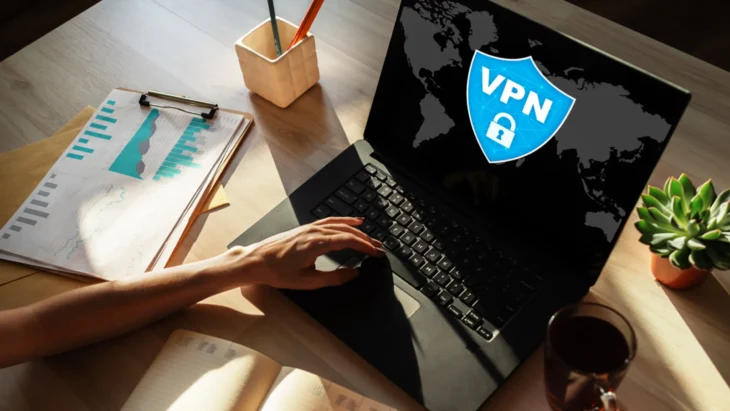VPNs are a great way to protect your privacy and keep your online activities safe. But which services are the best for you? In this article, we’ll help you choose the right one for your needs.
Contents
What is a VPN?
The letters stand for Virtual Private Network. Essentially, it creates an encrypted tunnel between your computer and the server, which routes all of your online traffic. This way, your data is protected from prying eyes and you can browse the internet with confidence that your information is private.

Source: Medium.com
What are the different types of VPN services?
They are categorized by their function:
- Remote Access VPN: This type of service allows users to access their corporate network from anywhere in the world.
- Site-to-Site It allows two companies to securely share a common network.
- Client-Server Virtual Private Network: This service allows multiple users to connect to a server and share resources.
- Peer-To-Peer (P2P): This type of VPN service allows users to connect directly with each other without using a server.
- Hybrid: It combines elements of different types of VPN services.
When choosing a VPN, it is important to determine the purpose for which you will use the service. vpnside.com has some great deals. Some factors to consider include the location and security requirements of your business, the types of devices you need to support your network, and the type of traffic you need to protect. Once you have determined your needs, you can choose a specific type of service that best meets your needs.
What factors should you consider?
When choosing a VPN service, it is important to consider the following factors:
– Cost: Do you want to pay for a monthly subscription or purchase a lifetime subscription?
– Jurisdiction: Which countries are you allowed to access the service in?
– Speed and performance: How fast will it connect you to the desired location and how stable is the connection?
– Logging policy: Is the VPN company committed to keeping minimal logs of user activity, or do they track and store user data?
– Server locations: What are the specific servers in different countries that the VPN service offers?
– App availability and features: Does the VPN have an app available for devices such as phones and tablets? What features does the app offer?
– Security: How secure is this connection? Is the company dedicated to protecting user data?
– Privacy: Is the company transparent about how they collect, use, and share user data?

Source: NordVPN.com
Why You Should Use a VPN?
It encrypts your traffic, making it difficult for anyone monitoring your online activity to track your movements. VPNs also provide a layer of security by connecting you to a server in a different location, making it difficult for hackers to eavesdrop on your data. According to Vpnscanner.com almost 2,500 people are being hacked online globally every day.
These services are becoming increasingly popular. Here are some reasons why you should consider using one:
- Protect Your Online Privacy: It encrypts all of your traffic, making it difficult for anyone monitoring your online activity to track your movements and read your data. By connecting to a server in a different location, you can ensure that your data is safe from prying eyes. VPNs are especially important for people who use public Wi-Fi networks, as these networks are often monitored by third parties.
- Keep Your Identity Secured: A VPN can also protect your identity. It will create an encrypted connection between your computer and the VPN server. This means that anyone monitoring your Internet activity will not be able to see which websites you visit or what information you send and receive.
- Stay Anonymous When Streaming or Using Public Networks: If you’re using public networks like the subway or airport, it’s important to keep your identity hidden. A VPN can help you do this by encrypting your data and hiding your IP address. This makes it difficult for anyone monitoring your activities to identify you.
- Protect Your Data From Hackers: It can also help protect your data from hackers. By connecting to a server outside of your country, you can make it difficult for hackers to track your movements and steal your data.
- Keep Your Internet Connection Secure: The server will encrypt all of the traffic that flows over the connection. This means that hackers will not be able to access your data or track your online activity.
How can you test the performance of a VPN service?
There are a few ways to test the performance of this service. One way is to use an online speed test tool. Another way is to use a service’s official app. Lastly, you can use a VPN service’s performance report to assess how well it performs in specific areas.
Online speed tests: The best way to test the performance of a service is to use an online speed test tool. These tools allow you to measure the performance of your connection using different types of networks, including mobile networks and public networks.
VPN service apps: The app will typically include features that allow you to test the performance of the connection in different locations.
VPN services’ performance reports: You can use it to assess how well it performs in specific areas, such as streaming content or downloading files.

Source: howtogeek.com
Conclusion
When it comes to choosing a VPN service, there are a few things to consider. First and foremost, make sure that you choose a strong network. This is important not only for speed but also for security. Make sure that it offers a variety of server locations, so you can find one that will work best for your needs. Additionally, be sure to check out the company’s privacy policy and terms of service. Not all VPN services are created equal, and some may have more strict policies than others when it comes to data privacy and user information. Finally, consider how much money you want to spend on the service annually. Some providers offer cheaper monthly plans while others offer pricier annual plans.
